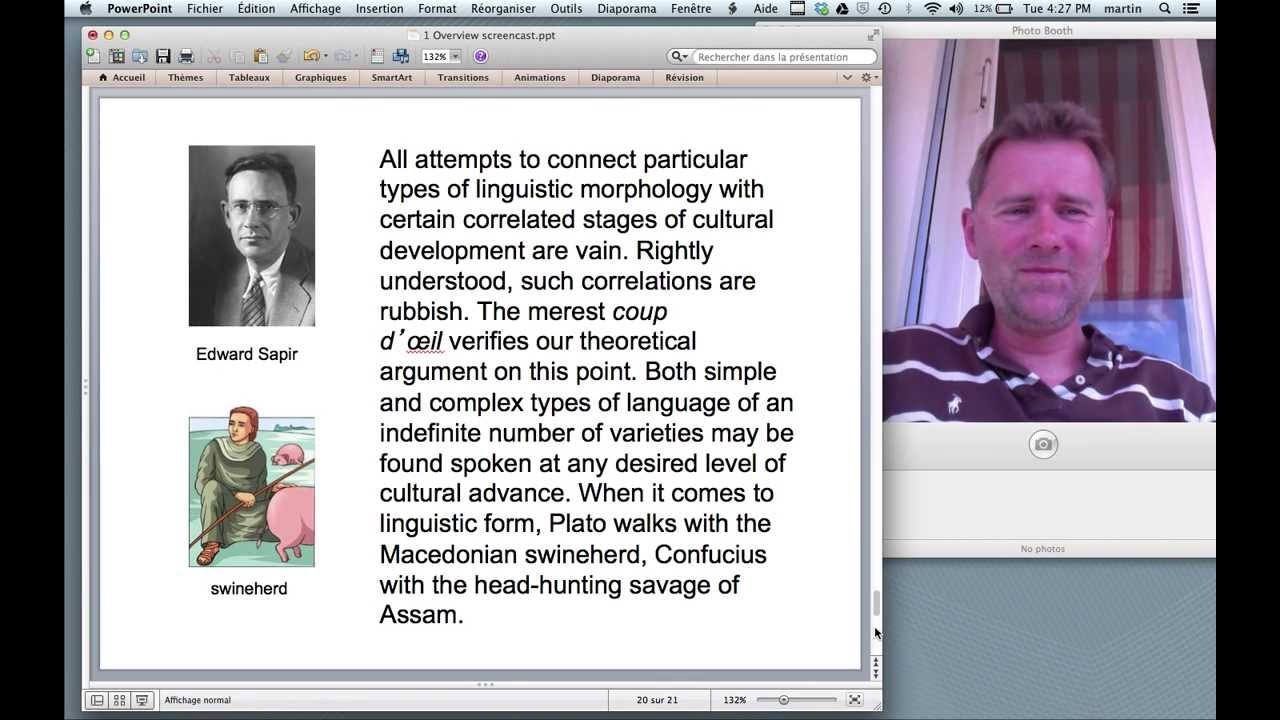Martin Hilpert
This video lecture is a part of the course ‘An Introduction to English Linguistics’ at the University of Neuchâtel. This is session 1, in which I discuss seven things that linguists agree on. .
An introduction to English Linguistics
